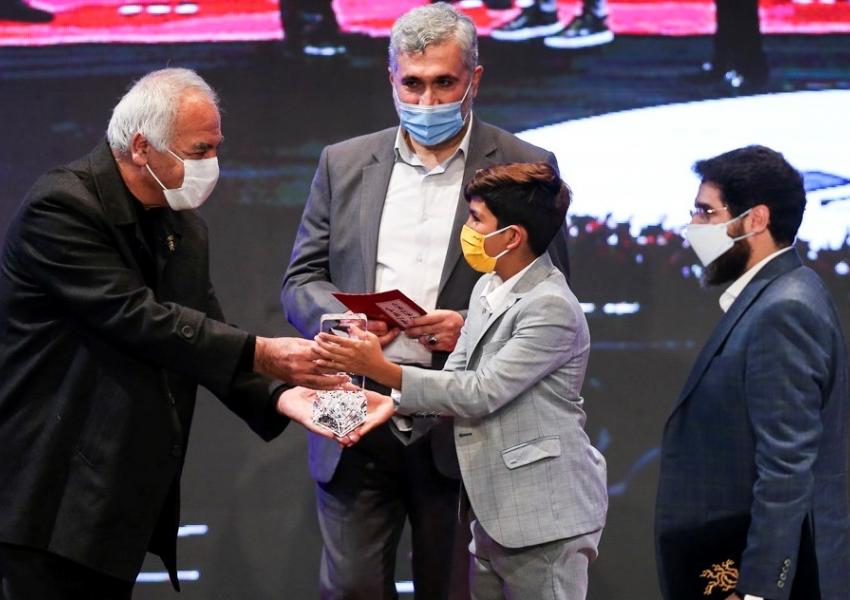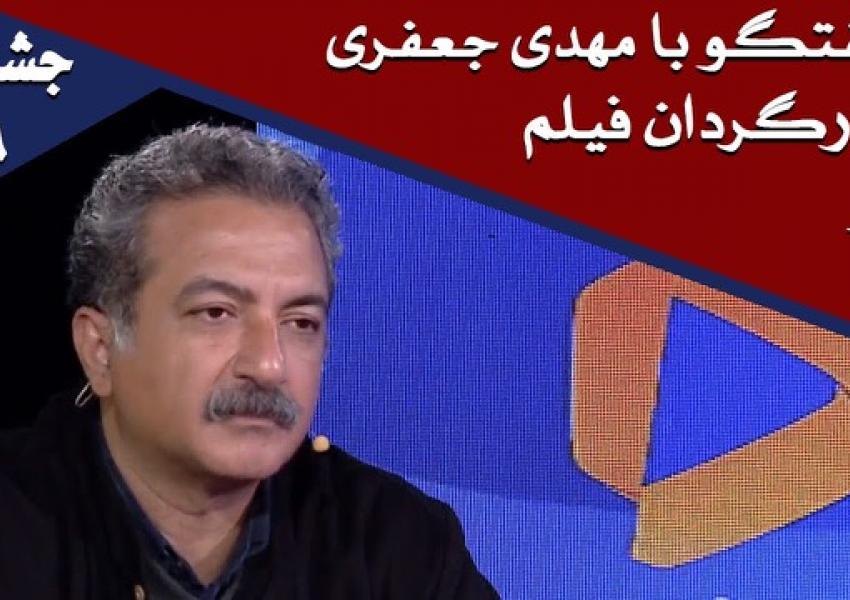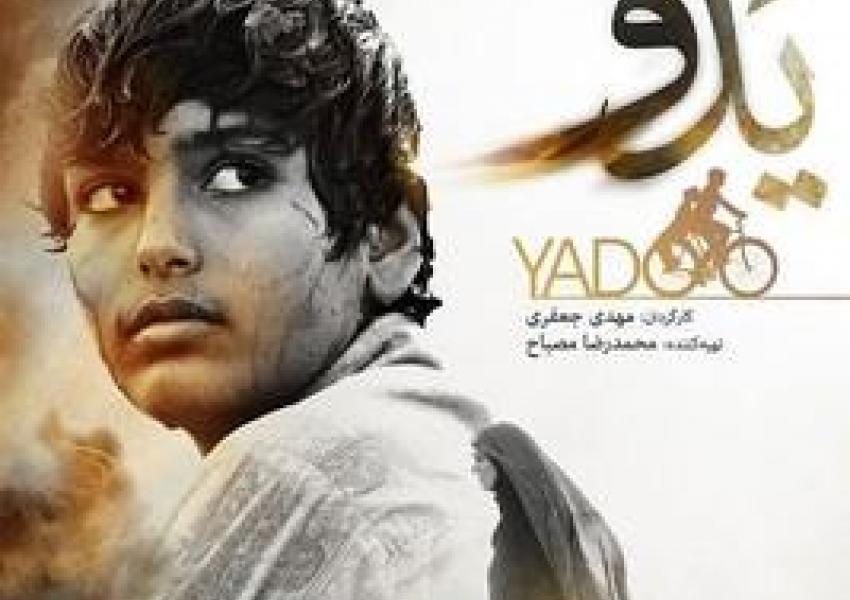
Iran's Intelligence Services Hijack Cinema, Television To Shape Opnion
The Fajr Film Festival, an annual event that showcases Iranian movies to be screened in the coming year, took place in Tehran in February amid the increasing influence of the intelligence agencies on the film industry.
The influence of the IRGC Intelligence Organization and the Ministry of Intelligence, the two main secret agencies of the Islamic Republic on the Iranian film industry is no secret. During the festival officials of both agencies talked with the media boasting about their success in filmmaking and shaping public opinion.
Both entities have been openly propagating their "cultural" activity through distributing cash in the industry to produce films that promote the ideas of the regime's leader and to portray an image of the Islamic Republic as a system that not only controls every move inside the country, but also controls a major part of the region and exerts influence on international developments.
The film that won the festival's biggest award this year was Yadoo, directed by Mehdi Jafari; a movie about a family that decides to remain in the war-torn city of Abadan in the early 1980s when the city is occupied by Iraqi forces under Saddam Hussain's command.

Filmmaker Mehdi Jafari producer of Yadoo
The Islamic Revolution Guard Corps’ film production wing, the Owj Organization, provided at least partial financial support to the production of the film, according to its officials who spoke during the festival.
Iranian film critics have observed that Yadu is the Iranian hardliners' response to a 1980s movie, Bashu, the Little Stranger directed by the internationally acclaimed filmmaker Bahram Bayzaei. Bashu depicted a little boy from a small family in Abadan who flees to calmer areas in northern Iran in search of peace after his family members are killed in the war.
Yadoo, on the other hand, stays in Abadan for what a critic called "his love of a goat." The film depicts this as resistance against the enemy. The production of director Jafari's previous movie, 23 Men, was ordered by former IRGC Qods Force Commander Qasem Soleimani, the director of Owj, Ehsan Mohammad Hassani told reporters during the festival.
The officials also revealed that Soleimani briefed several Iranian filmmakers and encouraged them to make ideological movies funded by Owj. The organization has funded many movies and TV series with the subject of war and "infiltration," a popular subject for Supreme Leader Ali Khamenei and his intelligence organizations.
Among the movies ordered by Soleimani were the movie Damascus Time made by Ebrahim Hatemi-Kia and Captital-5 a TV a popular comic series. Both of them depicted Iranian forces' "heroism" in Syria. Both films portrayed the Islamic Republic as a mighty force that was fighting ISIS in Syria, depicting heroic scenes that had never happened.

Paytakht or Capital was a comic series that had nothing to do with politics. However, Soleimani hijacked its popularity and moved its 5th season to Syria to further his political agenda.
Meanwhile, Intelligence Minister Mahmoud Alavi said in an interview with Iran's state TV this week that his ministry has been producing films for its intelligence objectives. He named movies such as The Fox , Mid-Day Story, Cyanide, Day Zero and the Night of the Full Moon, and TV series including Puzzle, The Ghost Catcher, and Safe House as some of the Ministry's productions.
These films and TV series, made during the past decade, are predominantly about the regime's "victorious" struggle against the opposition group Mojahedin-e Khalq [MeK] and invariable portray the Islamic Republic's intelligence operatives as mighty heroes fighting evil forces.
The large number of movies and TV series produced by the intelligence agencies also reveal to what a great extent they are controlling the film industry and the Iranian state television.
Meanwhile, Judiciary's intelligence department has also been actively involved in judging the movies at the festival and distributing its awards among the films made by the intelligence apparatus.
The Judiciary has verified reports about its involvement but has explained that its men simply "monitor the jury's activity." Later the hardliner Judiciary broke the news about plans to put subjects and stories at the disposal of filmmakers, which means effectively dictating its will to the filmmakers.
During the past year, as revealed in the latest Fajr Film Festival, the intelligence organizations’ reach has been extending to cover more and more of Iran's film industry and television.
They spent their hefty budgets making films to serve the ideological and intelligence needs of the Islamic Republic by trumpeting ideas such as infiltration, resistance, demonization of the Western world and the opposition as well as propagating the Islamic Republic's regional supremacy. They also give awards to these films to portray them as works of art that should be seen by the public during the coming year.








